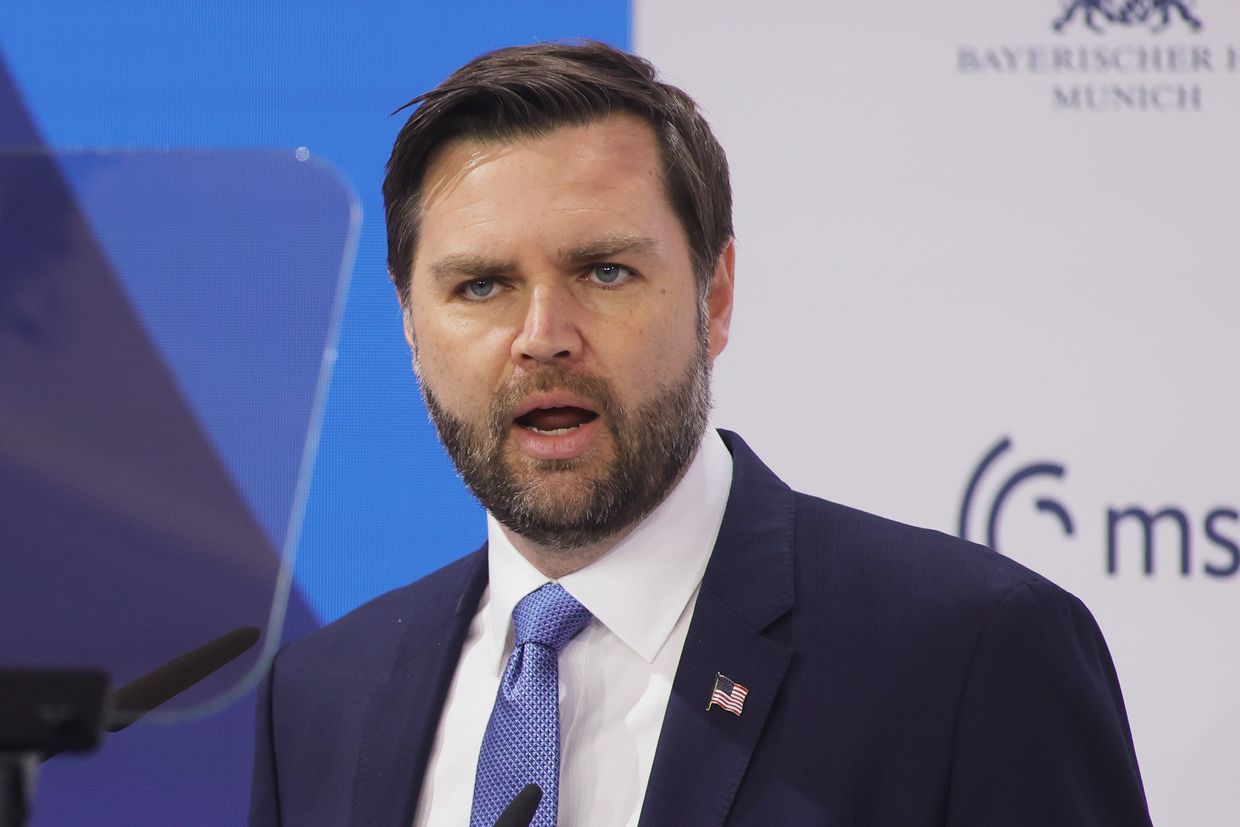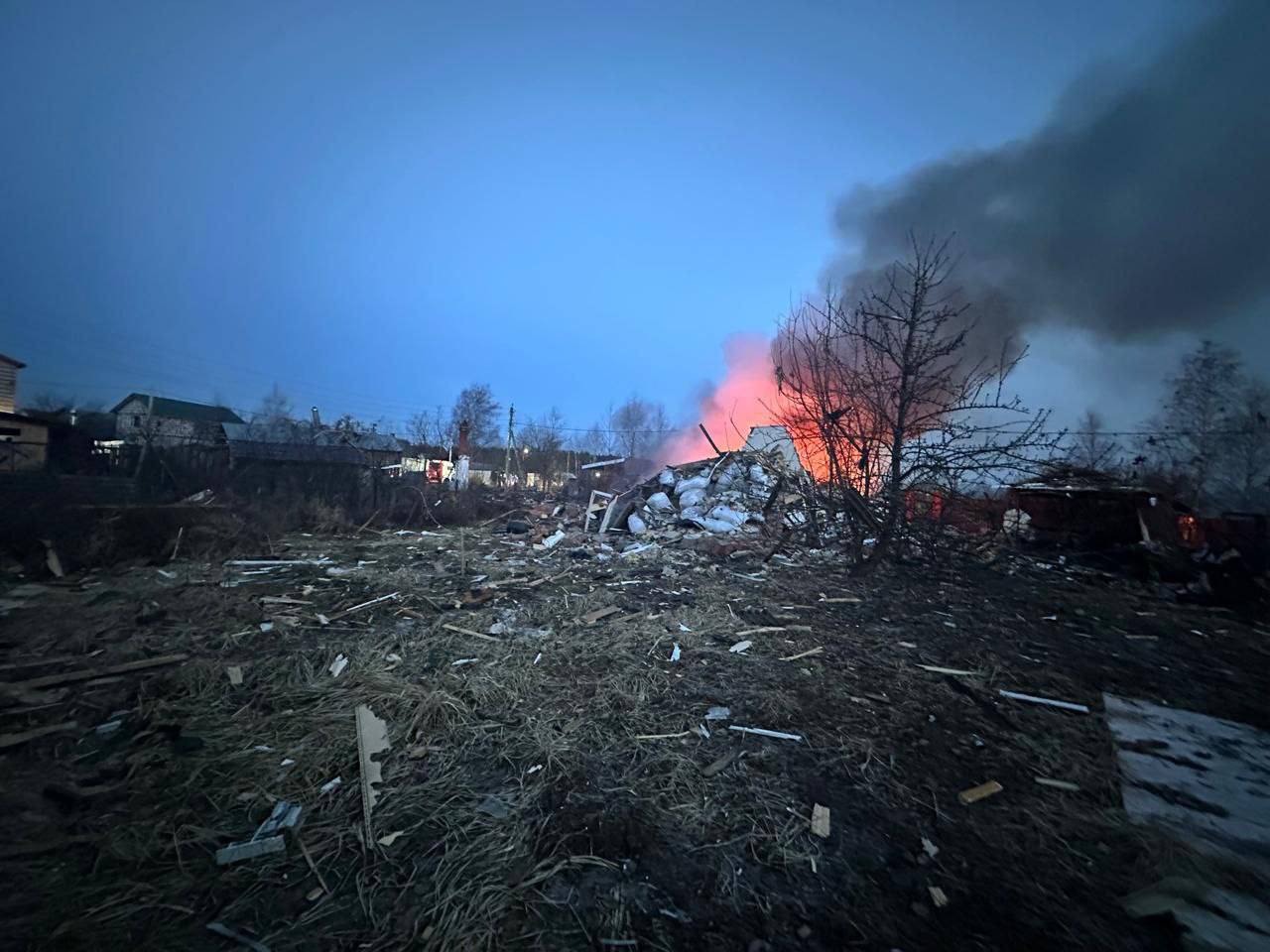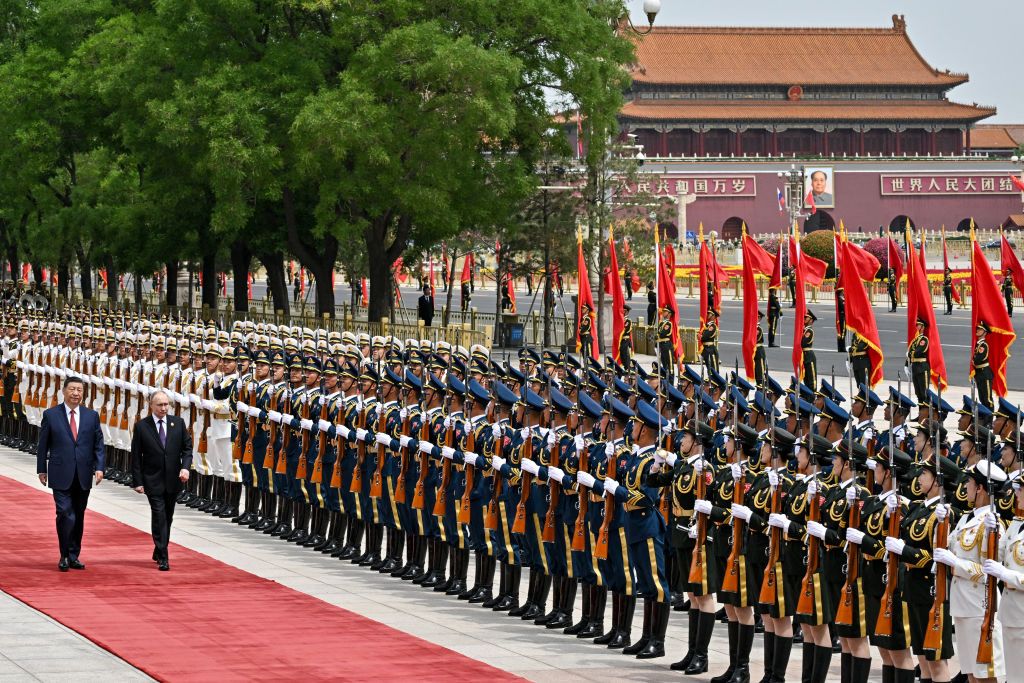Ukrainian forces fighting in Russia's Kursk Oblast captured two North Korean soldiers, President Volodymyr Zelensky announced on Jan. 11, "irrefutable evidence" of Pyongyang's involvement in Moscow's full-scale invasion.
"This task was not easy," Zelensky said, claiming that North Korean military personnel usually "finish off their wounded" in order to hide the evidence of their participation in the war.
North Korea deployed around 12,000 soldiers in Kursk Oblast, where Ukraine launched a surprise cross-border incursion in August 2024 to bring the war to Russia, a senior Ukrainian official familiar with the intelligence told the Kyiv Independent in December 2024.
Ukrainian forces captured a wounded North Korean soldier during operations in Russia's Kursk Oblast, Yonhap reported on Dec. 27, citing the South Korean National Intelligence Service (NIS), though he later reportedly died of his wounds.
Since Zelensky's announcement on Jan. 11, a few details about the POWs have emerged, as well as questions about what could happen to them next.
Ukraine’s first North Korean POWs – how big of a deal is it?
"I know it's seen as a bit of a propaganda coup, but in the big scheme of things, I think it's of minimal significance," retired Australian Major General Mick Ryan told the Kyiv Independent.
Despite the capture of two North Korean POWs fighting for Russia being the first of its kind, Ryan said in terms of the war in Ukraine, and the numbers of prisoners taken by both sides, they're "just two more soldiers."
"And we shouldn't read too much into it or give too much strategic emphasis on the capture of a couple of soldiers," he adds.
Ryan also doubts that they'll be able to give Ukraine and Western intelligence agencies much more of an insight into the inner workings of the North Korean military than they already know.
"Remember, North Korean soldiers have defected to South Korea before. So, you know, there's already a flow every now and then of North Koreans that are exploited for intelligence value," he said.
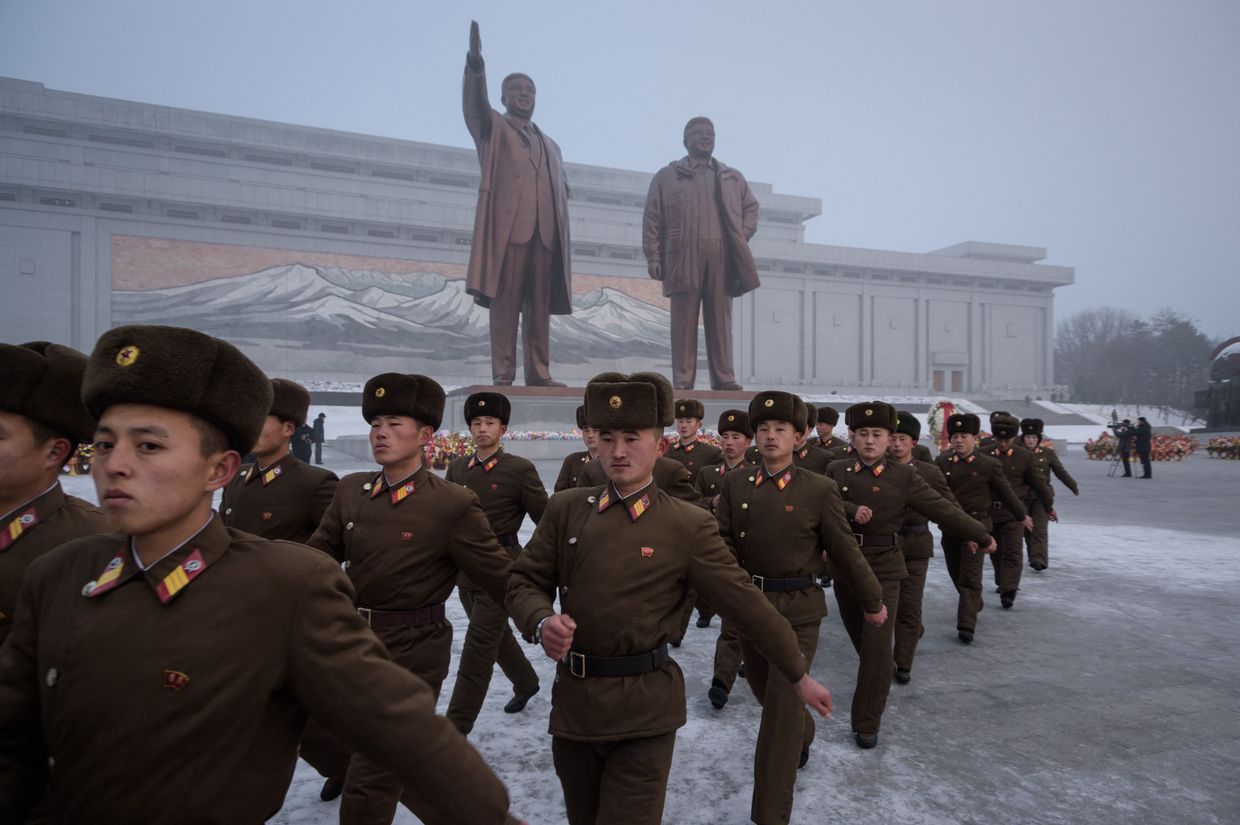
Can there be a prisoner swap?
President Volodymyr Zelensky has expressed a willingness to return the POWs to North Korea, if the country's leader Kim Jong Un is able to negotiate the release of Ukrainian POWs in Russia.
"For those North Korean soldiers who do not want to return, there may be some other ways," he added in a post on his official Telegram channel on Jan. 12.
But simply swapping North Korean and Ukrainian POWs may not be that simple.
According to South Korean officials, North Korean troops fighting for Russia have been ordered to kill themselves rather than be taken prisoner.
"Memos found on deceased soldiers indicate that the North Korean authorities pressured them to commit suicide or self-detonate before capture," lawmaker Lee Seong-kweun told reporters on Jan. 13, citing Seoul's National Intelligence Service.
"Memos found on deceased soldiers indicate that the North Korean authorities pressured them to commit suicide or self-detonate before capture."
The claim appeared to be confirmed by a video released on the same day by Ukraine's Special Operations Forces, showing Ukrainian soldiers storming positions manned by North Korean soldiers.
The video shows one of the soldiers — who a Ukrainian in the video identifies as "Korean" — detonate a grenade near his face when Ukrainian troops approach.
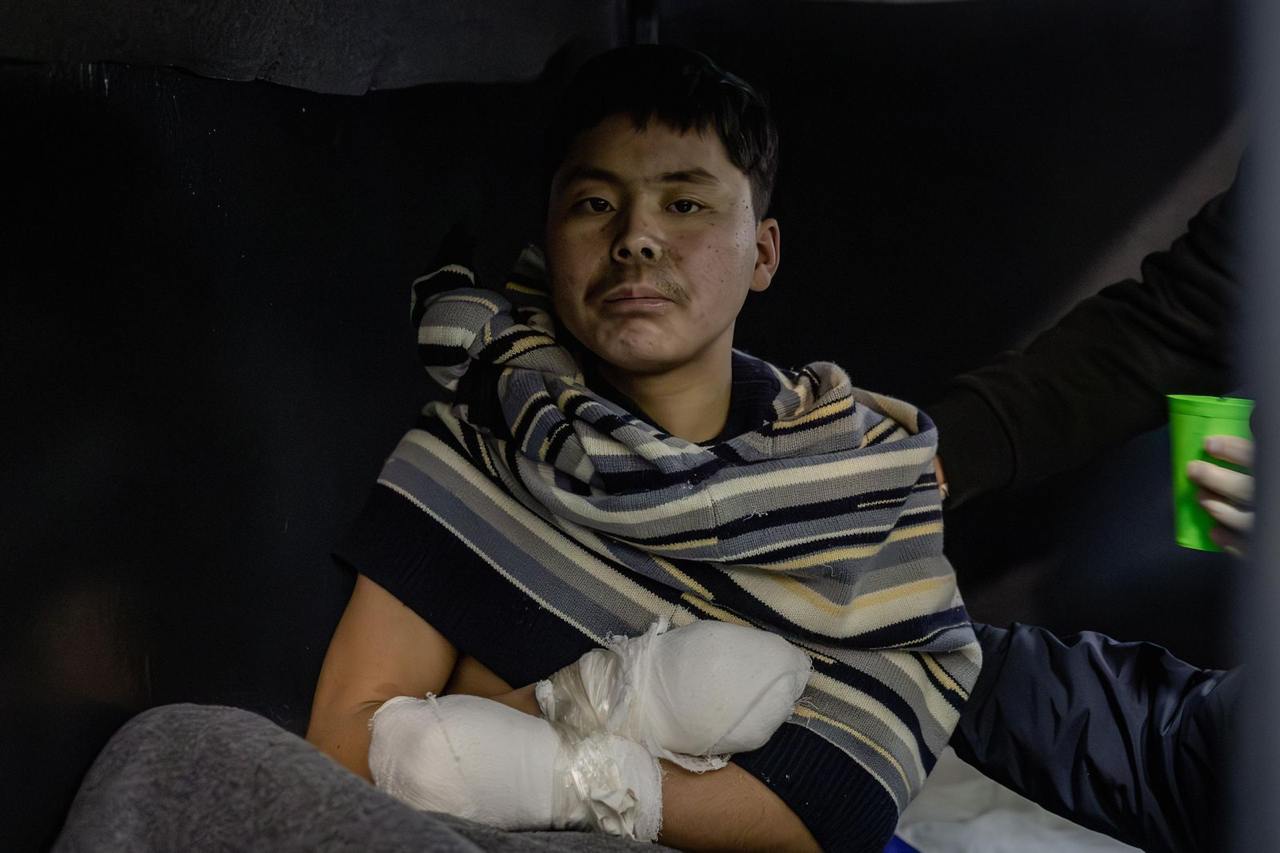
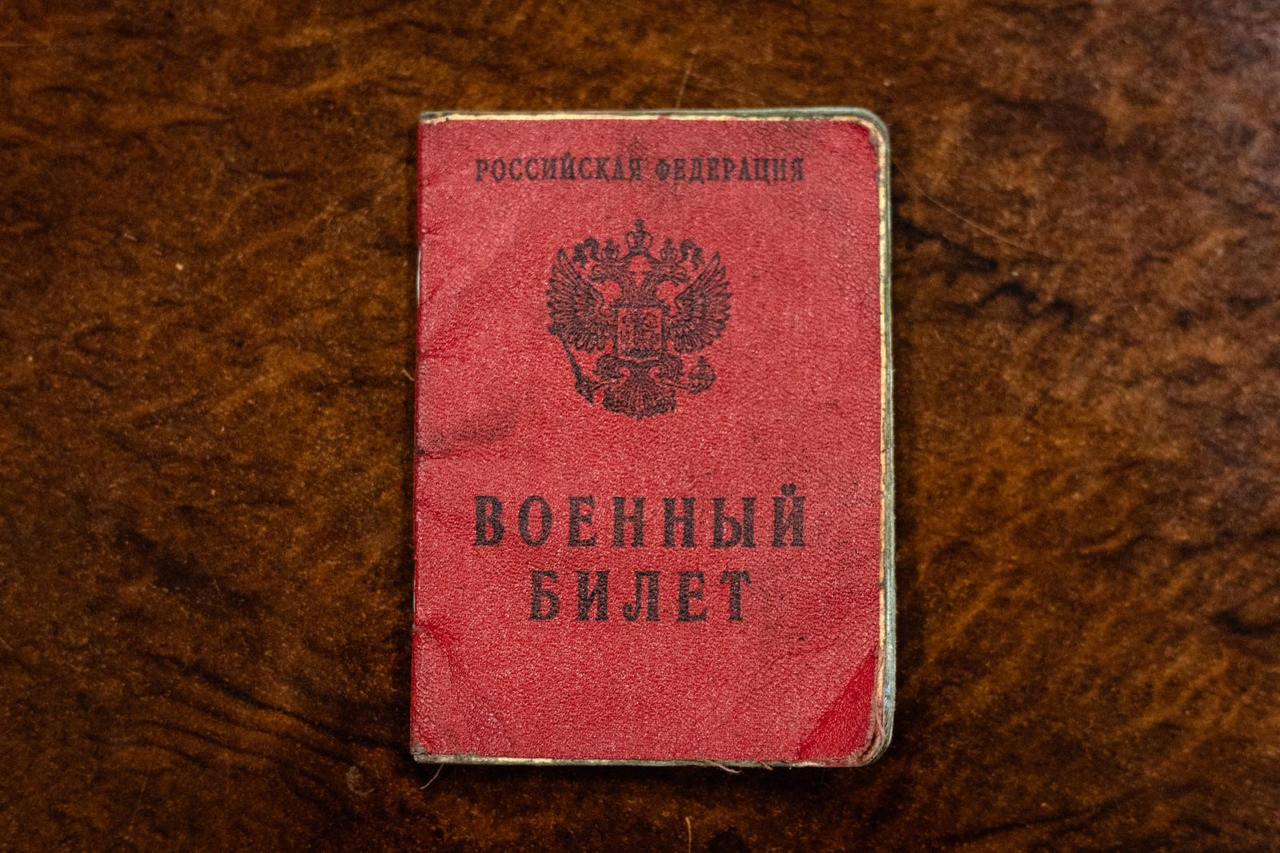
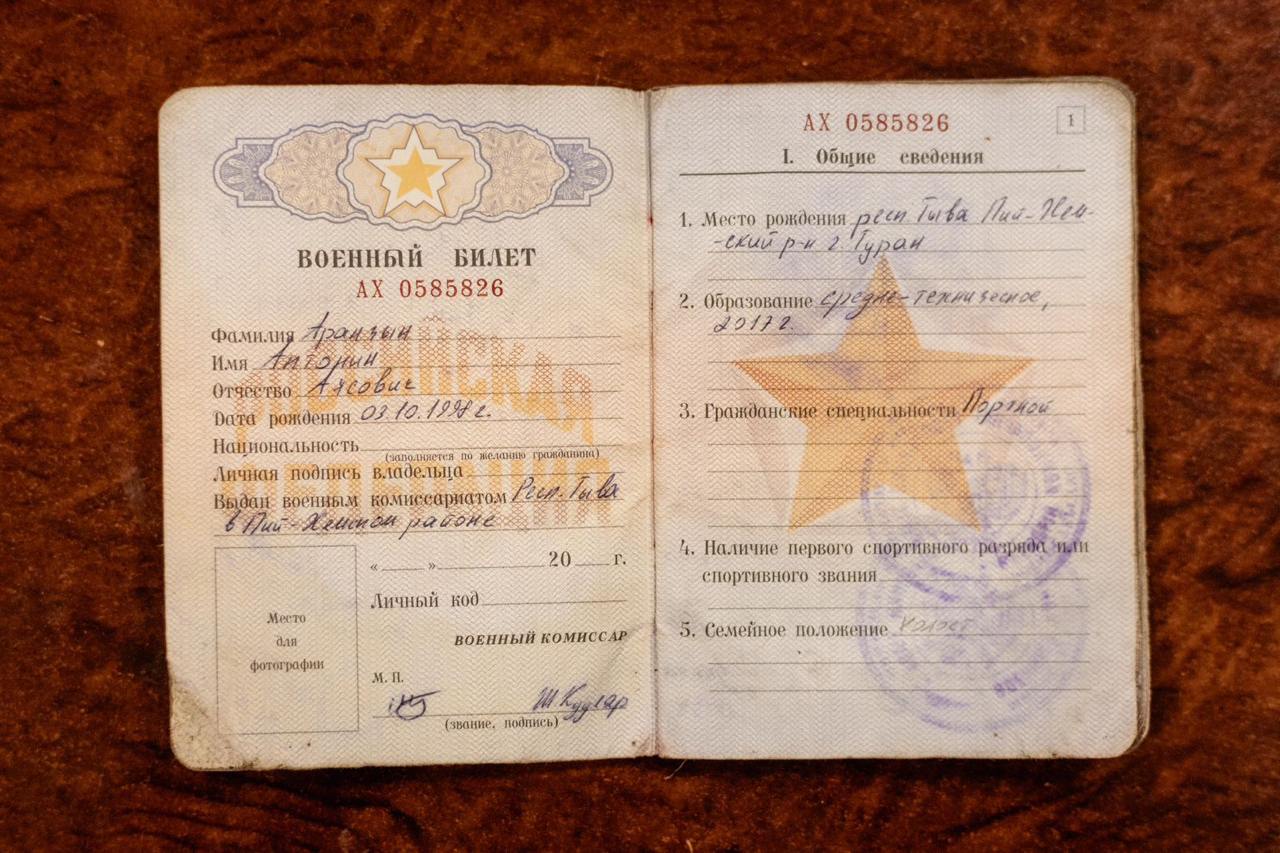
Andrew Clapham, professor of international law at the Geneva Graduate Institute, told the Kyiv Independent that this raises "complications" about Ukraine's stated proposal to return them home in a prisoner swap.
"The complication arises if there's a substantial risk that they would be subjected to human rights violations," Clapham said, adding: "There's a chance one would think that they would be punished for failing to carry out those orders (to kill themselves)."
Returning the POWs knowing this would be a violation of human rights law and the principle of non-refoulement, Clapham adds.
Usually, assurances that the POWs would not be subject to human rights violations would carry some weight, but North Korea's abysmal human rights record and pariah status complicate matters further.
"I think most people wouldn't accept on face value what are called diplomatic assurances in this context," Clapham adds.

What awaits the captured North Korean soldiers?
The two North Korean POWs are currently in the custody of the Security Service of Ukraine (SBU) in Kyiv. Both were wounded and are reportedly receiving medical attention.
In videos published by the SBU, one can be seen with his head and chin bandaged, while the other has bandaged hands.
The SBU said on Jan. 11 the captured soldiers are being questioned with the help of Korean translators and South Korean intelligence.
One has said he was born in 2005 and began serving as a rifleman in North Korea in 2021.
"It is noteworthy that the prisoner, like the Russian military at the beginning of the full-scale invasion, emphasizes that he was supposedly going for training and not for a war against Ukraine," the SBU said.
According to the SBU, the other POW was born in 1999 and has served in the North Korean army since 2016 as a sniper reconnaissance officer.
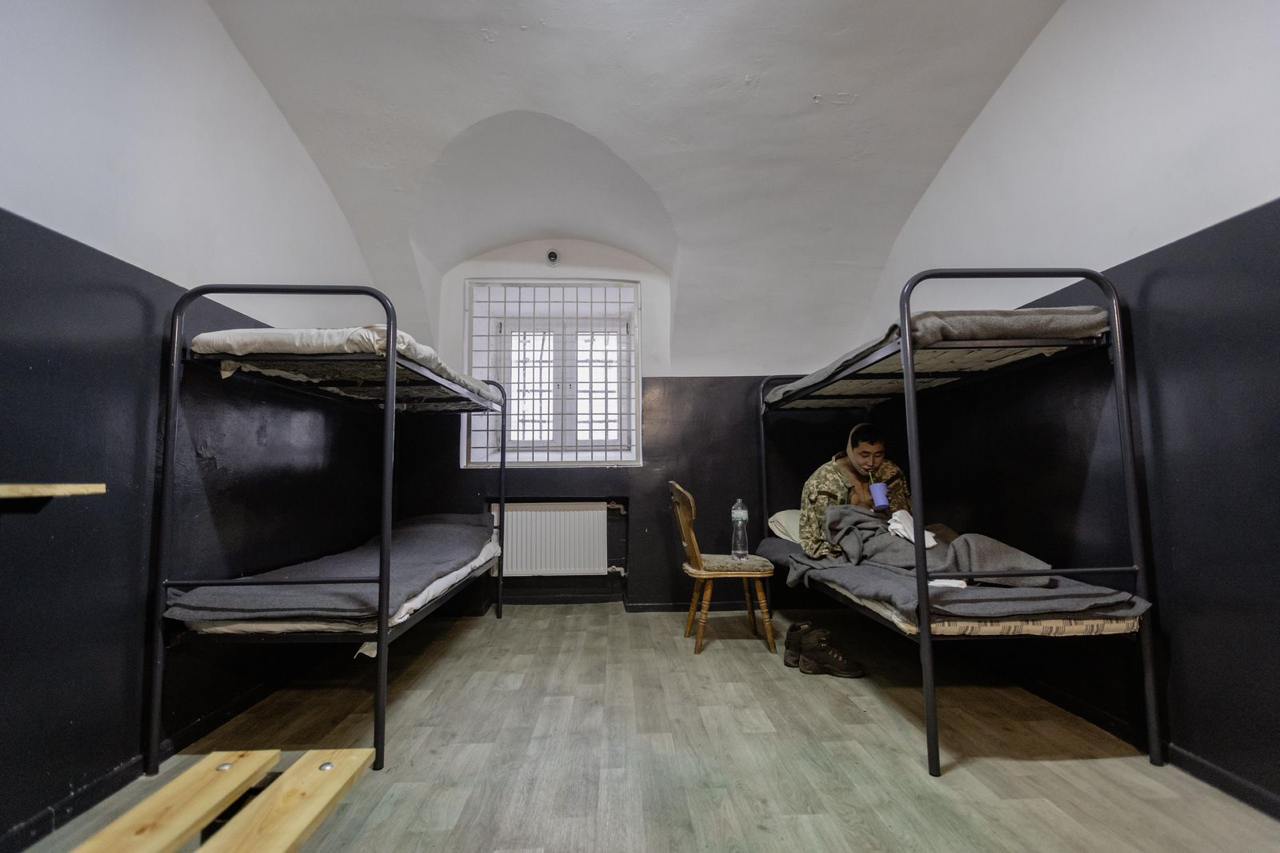
The first POW was issued with an ID document under the name of another person from Russia's Tuva Republic, while the second one had no documents at all.
Zelensky posted video footage of the SBU's interrogation of the two POWs, mediated by Korean translators.
In the video, one of the captured soldiers says he would like to return to North Korea, while the other answers that he wants to live in Ukraine.
As of now, it's unclear where they will end up.
"They could remain in Ukrainian hands, or, the suggestion is that they would go to South Korea," Clapham said.
And with fighting ongoing in Russia's Kursk Oblast, it's unlikely that they will remain the only North Korean soldiers in such a situation.
"In addition to the first captured soldiers from North Korea, there will undoubtedly be others," Zelensky said on Jan. 12.
"It is only a matter of time before our guys manage to capture more."




